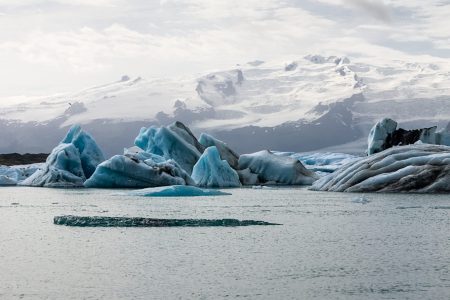IPCC Special Report on the Ocean and Cryosphere in a Changing Climate

This latest IPCC report describes observed and projected impacts of climate change on our oceans, coastal zones, and cryosphere (polar and mountain ecosystems), and the human communities that rely on them. It reports widespread shrinking of ice sheets, glaciers, and reduction in snow cover, and the associated rise of global mean sea level. Such changes are now heavily impacting terrestrial ecosystems in high mountain and polar regions, as well as in freshwater ecosystems in coastal regions, leading to changes in the seasonal activities in culturally, ecologically, and economically important plant and animal species. Meanwhile, we are seeing major shifts in species composition and biomass production of marine ecosystems where most of the excess heat in the climate system has been taken up. These observed changes are expected to intensify.
The report suggests that governance arrangements (e.g. marine protected areas, spatial plans, water management systems) need to be better integrated temporally and spatially, while increasing cooperation and coordination among governing authorities will enable communities to respond effectively. NbS are recognised as a key approach to lower climate risk but face institutional, financial, ecological, and governance constraints. Terrestrial and marine habitat restoration may enhance adaptation locally, but only if such actions are community-supported and implemented using a diversity of knowledge systems, including scientific and local/traditional forms of knowledge. See the Summary for Policymakers.




